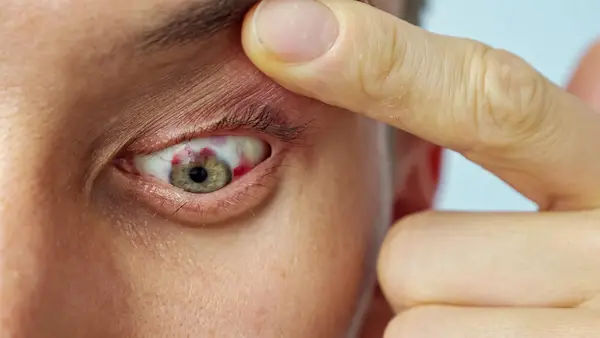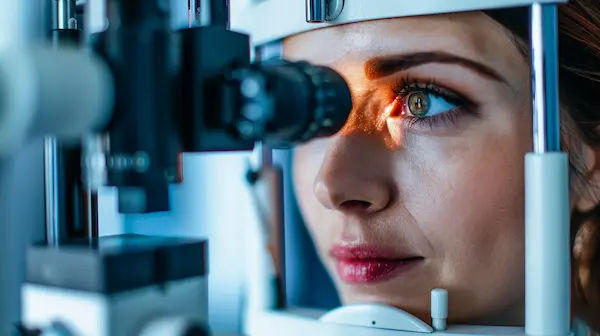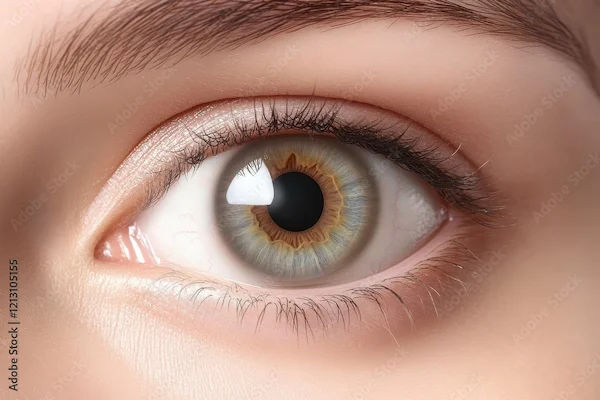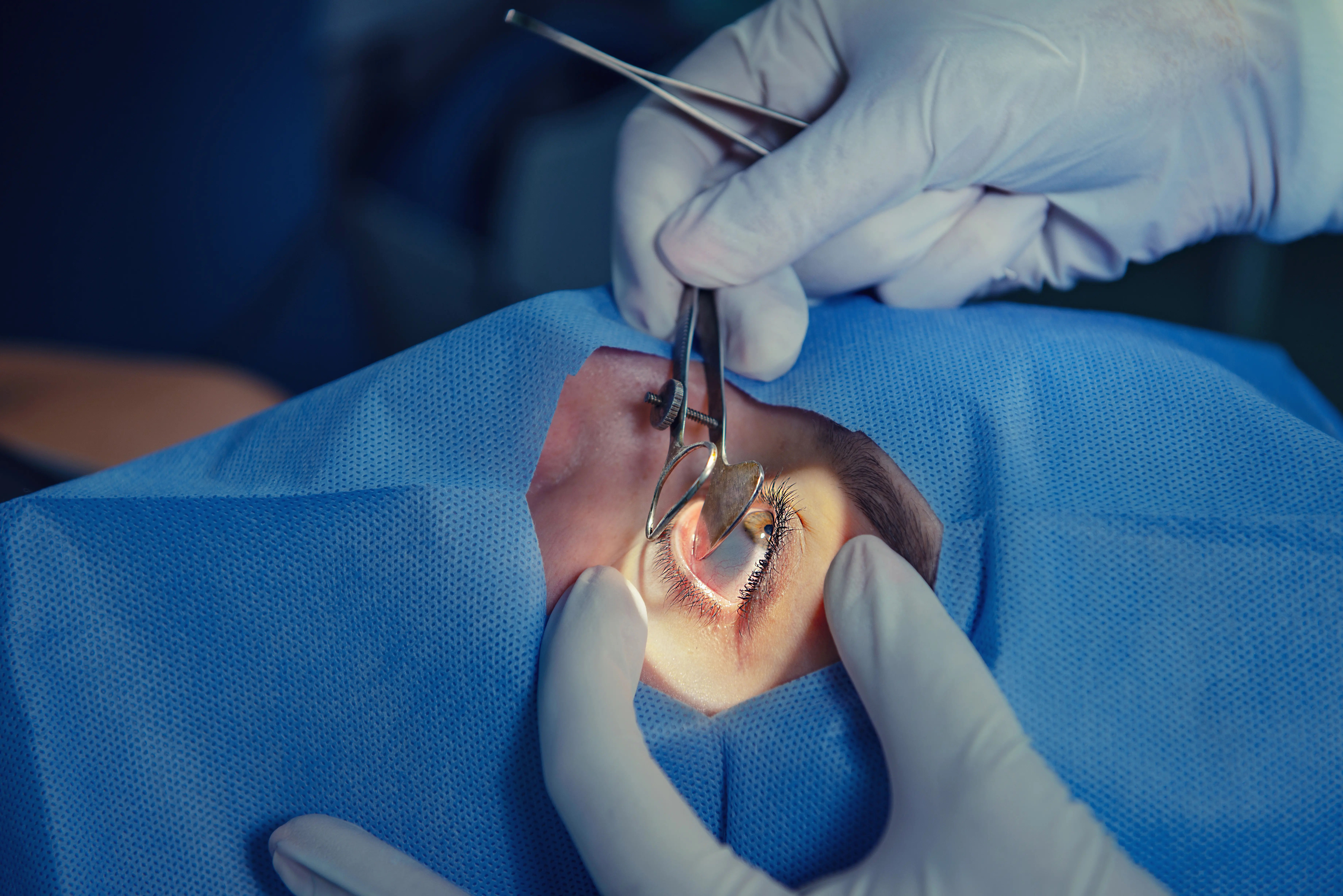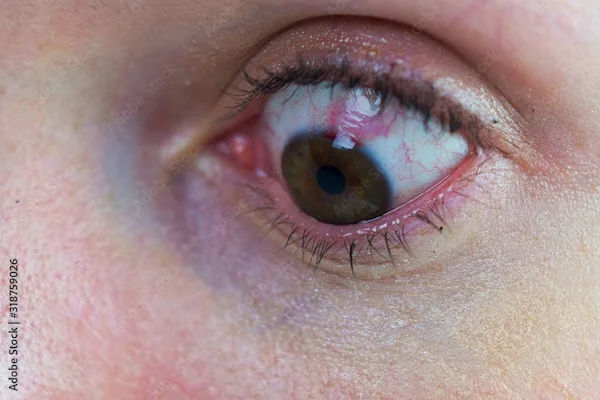When Can I Take A Shower After Cataract Surgery?
Find out when you can safely take a shower after cataract surgery. Learn expert tips on eye care, precautions, and recovery to ensure a smooth healing process.

Written by
Last updated on 3rd Jul, 2025

Introduction
Cataract surgery is a common and safe procedure that helps restore clear vision by removing the cloudy lens and replacing it with an artificial one. While the surgery itself is quick, the recovery period requires some care to ensure proper healing. One of the most common questions patients have after cataract surgery is: When can I take a shower? In this article, we’ll discuss the right time to shower after cataract surgery, precautions to take, and general recovery tips to keep your eyes safe and healthy.
Why Is Showering After Cataract Surgery a Concern?
After cataract surgery, your eye needs time to heal. Water, soap, shampoo, or even steam from a hot shower can introduce bacteria or irritants into your eye, increasing the risk of infection or discomfort. Additionally, rubbing or putting pressure on your eye can interfere with healing. Your surgeon will provide specific instructions, but here are some general guidelines to follow.
When Can I Safely Take a Shower?
Most doctors recommend waiting at least 24 to 48 hours before taking a shower after cataract surgery. However, some may advise waiting longer, depending on your healing progress.
1. First 24-48 Hours:
- Avoid showering completely.
- Use a damp washcloth to clean your face instead.
- Keep your eyes closed if you need to wash your hair (or ask someone to help).
2. After 48 Hours:
- You can take a gentle shower, but avoid direct water contact with your eyes.
- Keep your eyes closed while washing your face and hair.
- Use lukewarm water instead of hot water to prevent steam irritation.
3. After 1 Week:
- Most patients can resume normal showering but still avoid rubbing their eyes.
- Continue using prescribed eye drops as directed.
Consult Top Specialists for Personalised Tips
Precautions While Showering After Cataract Surgery
To protect your eyes while showering, follow these tips:
- Avoid Direct Water Spray: Turn your face away from the showerhead or use a handheld shower to control water flow.
- Keep Eyes Closed: This prevents water, soap, or shampoo from entering your eyes.
- Use Mild, Tear-Free Shampoo: If washing your hair, choose a gentle shampoo to reduce irritation in case of accidental contact.
- No Eye Rubbing: Even if water gets in, gently pat your face dry with a clean towel instead of rubbing.
- Skip Hot Showers & Steam: Hot water can increase eye pressure and cause discomfort.
- Wear Protective Eyewear (if advised): Some doctors recommend wearing a protective shield while showering for extra safety.
Other Activities to Avoid After Cataract Surgery
Besides showering, you should also be cautious with:
- Swimming or Hot Tubs: Avoid for at least 2 weeks to prevent infection.
- Heavy Lifting or Strenuous Exercise: Wait at least 1 week to avoid pressure on the eyes.
- Driving: Do not drive until your doctor confirms your vision is stable (usually after 24-48 hours).
- Rubbing Your Eyes: This can dislodge the healing tissues or the new lens.
- Wearing Eye Makeup: Avoid for at least 1 week to prevent irritation.
Signs of Infection or Complications
While cataract surgery is generally safe, watch for these warning signs and contact your doctor if you experience:
- Increased redness, pain, or swelling
- Blurred or worsening vision
- Yellow/green discharge from the eye
- Sensitivity to light or flashes of light
Tips for a Smooth Recovery
Some of the tips for smooth recovery are:
- Use Prescribed Eye Drops: These prevent infection and reduce inflammation.
- Wear Sunglasses Outdoors: Protects your eyes from bright light and dust.
- Sleep with an Eye Shield (if advised): Prevents accidental rubbing at night.
- Eat a Healthy Diet: Foods rich in vitamins A, C, and E (like leafy greens, carrots, and citrus fruits) support eye health.
- Attend Follow-up Appointments: Ensures your eye is healing properly.
Conclusion
Cataract surgery is a life-changing procedure, and taking proper care afterward ensures the best results. While you may need to wait a day or two before showering, following your doctor’s instructions will help you heal quickly and safely. If you have any concerns about your recovery, don’t hesitate to reach out to your eye care provider. Wishing you a smooth and speedy recovery!
Consult Top Eye Surgeon
Consult Top Specialists for Personalised Tips
Dr. Padmini S
Ophthalmologist
4 Years • MBBS,MS
Bengaluru
Apollo Medical Center, Marathahalli, Bengaluru

Dr Ranojit Basu
Ophthalmologist
24 Years • MBBS, DNB Ophthalmology, Diploma in Ophthalmic Medicine and. Surgery
Kolkata
Titanium Eye Care, Kolkata

Dr. Smriti Nagpal
Ophthalmologist
13 Years • MBBS , MS (Ophthalmology)
New Delhi
Sunshine mediclinic, New Delhi
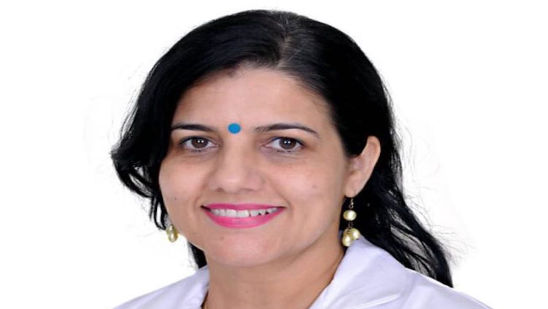
Dr. Meenakshi Pande
Ophthalmologist
22 Years • MBBS, DO, FICO, FRCS
Chennai
Apollo Speciality Hospitals OMR, Chennai
(100+ Patients)

Dr. Anupa Gulati
Ophthalmologist
25 Years • MBBS, Dip in Ophthalmology
New Delhi
Visitech Eye Centre Green Park, New Delhi
Consult Top Eye Surgeon
Dr. Padmini S
Ophthalmologist
4 Years • MBBS,MS
Bengaluru
Apollo Medical Center, Marathahalli, Bengaluru

Dr Ranojit Basu
Ophthalmologist
24 Years • MBBS, DNB Ophthalmology, Diploma in Ophthalmic Medicine and. Surgery
Kolkata
Titanium Eye Care, Kolkata

Dr. Smriti Nagpal
Ophthalmologist
13 Years • MBBS , MS (Ophthalmology)
New Delhi
Sunshine mediclinic, New Delhi

Dr. Meenakshi Pande
Ophthalmologist
22 Years • MBBS, DO, FICO, FRCS
Chennai
Apollo Speciality Hospitals OMR, Chennai
(100+ Patients)

Dr. Anupa Gulati
Ophthalmologist
25 Years • MBBS, Dip in Ophthalmology
New Delhi
Visitech Eye Centre Green Park, New Delhi
